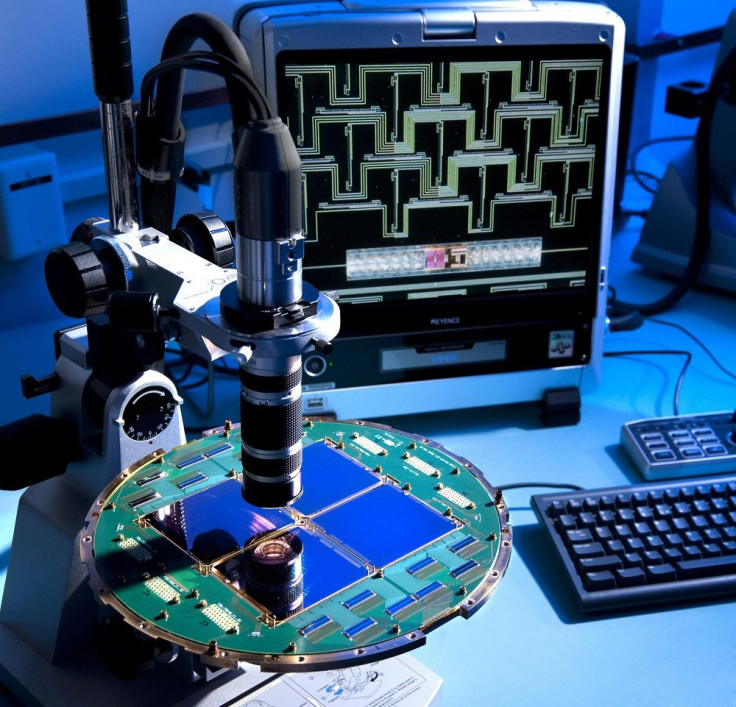Speculations over possibility of time travel arise over resurfaced reports about discovery of gravitational waves
LIGO to confirm discovery on Feb 11 in ‘Nature’

The concept of time travel never fails to fascinate science fiction lovers and movie fans, boosted by the “Back to the Future” film franchise. Interest in time travel was renewed anew when Marty McFly’s future date came to pass on Oct 21, 2015.
Like us on Facebook
In January, Twitter was hit by speculations on the discovery of gravitational waves by Laser Interferometer Gravitational Wave Observatory (LIGO) scientists. The source of the buzz then was Lawrence Kraus, Arizona State University physicist, who cites his independent sources.
Gizmodo reports on Sunday that an official announcement would be made on Feb 11, Thursday. Confirmation that the wave signals are real comes from Clifford Burgess, McMaster University theoretical physicist in Hamilton, Canada, and the Perimeter Institute for Theoretical Physics in Waterloo.
In an email sent to the entire department at McMaster, Burgess wrote that the two LIGO optical instruments, the interferometers, spotted the merger of black holes with the correct time delay between the two holes. Physicists use the instruments to search for infinistesimal stretching of space that occurs when a gravitational wave passes.
The basis of Burgess’s confirmation is the signal’s statistical significance was very high and went beyond the five-sigma standard that physicists use to distinguish evidence that is strong enough to be declared a discovery, reports Science. Burgess writes that the sigma was 5.1, while the “bh masses were 36 and 29 solar masses initially and 62 at the end.”
As his Eureka moment, Burgess tweets on Feb 3 “Woohoo” and hints a Nobel prize could be on the way for scientists. He says the confirmation would come out on Nature on Feb 11 as well as press releases.
The theoretical physicist says he shared the breakthrough news to his students because they “may be a little bored by what they are doing in class but they may be excited by this.” Confirmation that gravitational waves are real not only affirms a big part of Albert Einstein’s theory of general relativity, but it also moves science closer to time travel from a concept found only in science fiction movies and novels to real life.





















